T4K3.news
Rabies exposure warning at Grand Teton Lodge
Guests who stayed at Jackson Lake Lodge from May 5 to July 27 may have been exposed to rabies due to a bat colony. Health officials will guide exposed individuals to preventive treatment through their home state.
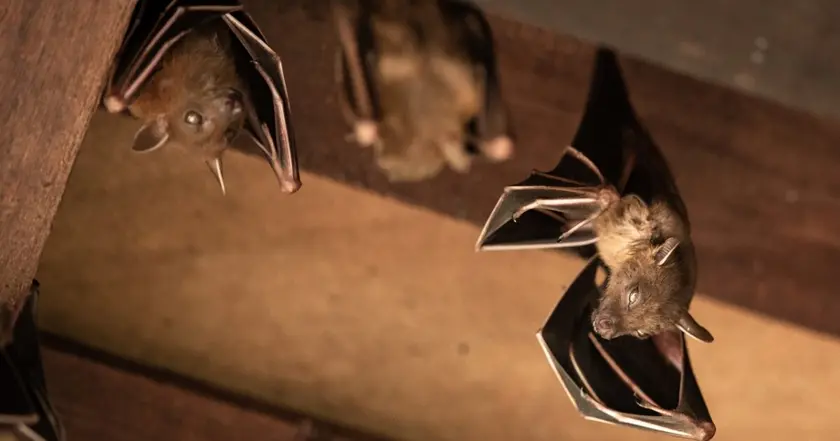
Wyoming health officials warn that guests who stayed at a Jackson Lake Lodge in Grand Teton National Park may have been exposed to rabies from a bat colony.
Rabies exposure risk hits Grand Teton Lodge visitors
Wyoming health officials say guests from 38 states and seven countries who stayed at Jackson Lake Lodge between May 5 and July 27 may have been exposed to rabies after a colony of bats was found in the attic above several rooms. The affected rooms include 516, 518, 520, 522, 524, 526, 528 and 530. Park officials say guests who meet the risk criteria will be connected with the appropriate provider in their home state for preventive treatment. Those who think they may have been exposed can contact Grand Teton Lodge Company at RoomsGTLC@vailresorts.com or (307) 543-3044. Bat exposure can include a bite or scratch from bats, bat saliva coming in contact with an open wound or other physical contact with a bat. The risk of exposure can be difficult to judge because bat teeth are small, making bites easy to miss. The Centers for Disease Control and Prevention notes that the virus must travel to the brain before symptoms appear, and initial signs can resemble the flu with fever, headache and weakness. Severe symptoms often emerge within weeks to months.
Key Takeaways
"Individuals who meet the risk criteria for a rabies exposure will be connected with the appropriate provider in their home state for preventive treatment"
Park officials outline next steps for exposed guests
"Bat exposure can include a bite or scratch from bats"
Definition of exposure from the article
"The rabies virus must travel to the brain before symptoms appear"
CDC note on incubation and symptoms
"First symptoms may feel like the flu"
Early signs to watch for according to the CDC
The incident shows how wildlife risks can surface in popular travel destinations and how quickly a coordinated response is needed. Park service staff, the lodge operator and public health authorities must work together to inform guests and arrange care. Clear, practical guidance helps prevent fear from outrunning facts and protects both visitors and the local economy. The case also highlights the importance of ongoing wildlife management and maintenance in lodge spaces that were not originally built as modern hotels. Public communication matters because trust in the park and its amenities hinges on timely, factual updates.
Highlights
- Rabies can travel to the brain before symptoms show up
- Bat exposure can include a bite or saliva contact with an open wound
- Health officials will connect exposed guests with providers for preventive treatment
- A bat colony in the attic raises questions about park safety
Health risk and public impact
A bat colony in a lodge attic triggered a nationwide health alert for rabies exposure. The situation raises notable public health and tourism concerns that require clear communication and rapid action.
Officials will continue to provide updates as testing and outreach efforts proceed.
Enjoyed this? Let your friends know!
Related News
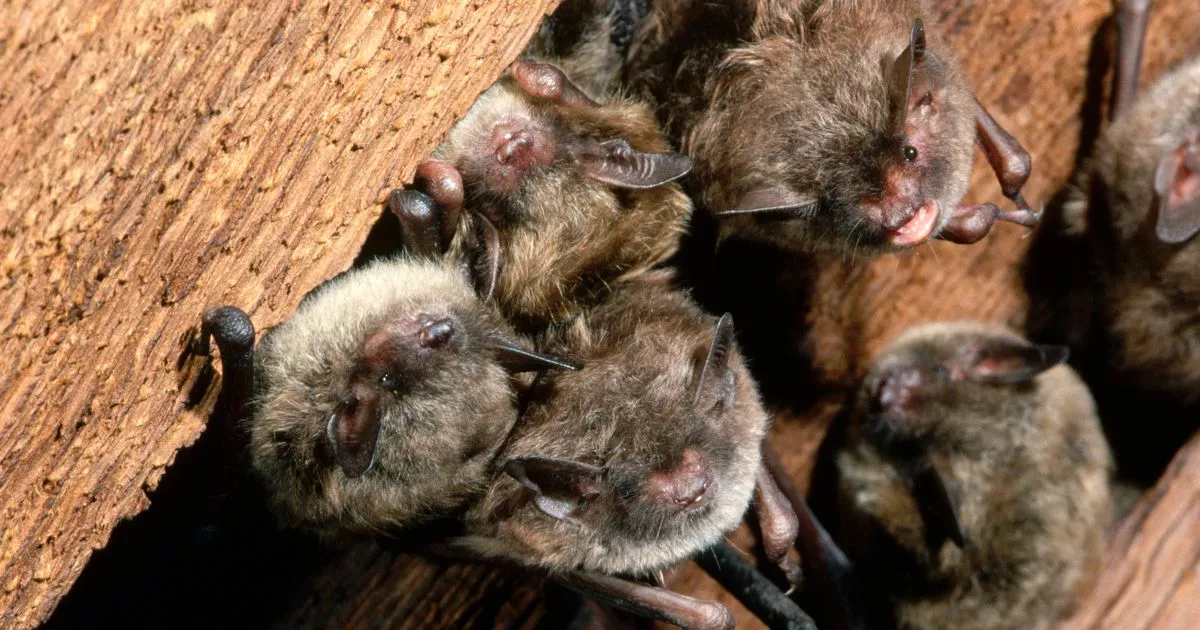
Rabies risk at Grand Teton cabins after bat infestation

Rabies risk in Grand Teton cabins
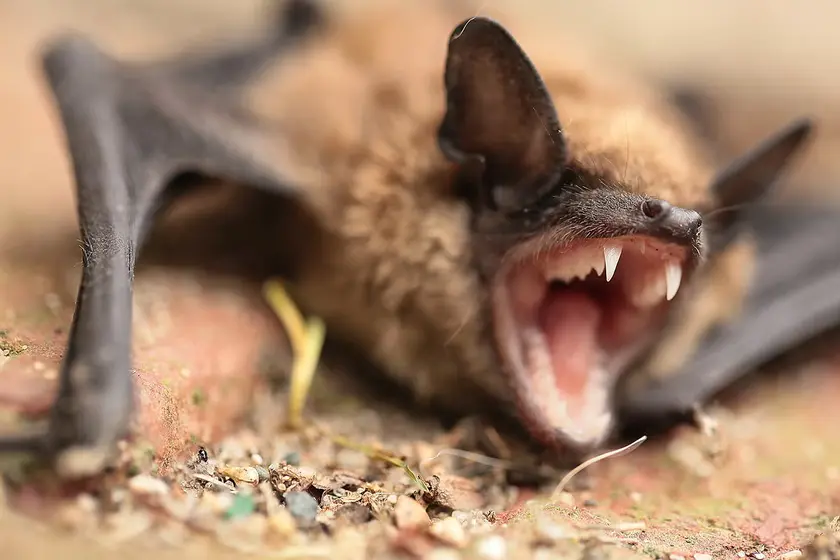
Rabies exposure risk prompts health alert
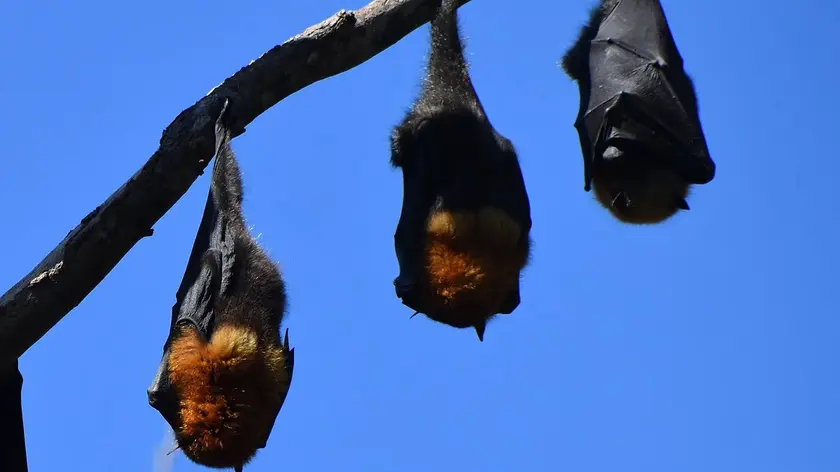
Rabies risk prompts nationwide warnings

Rabies risk at Grand Teton cabins
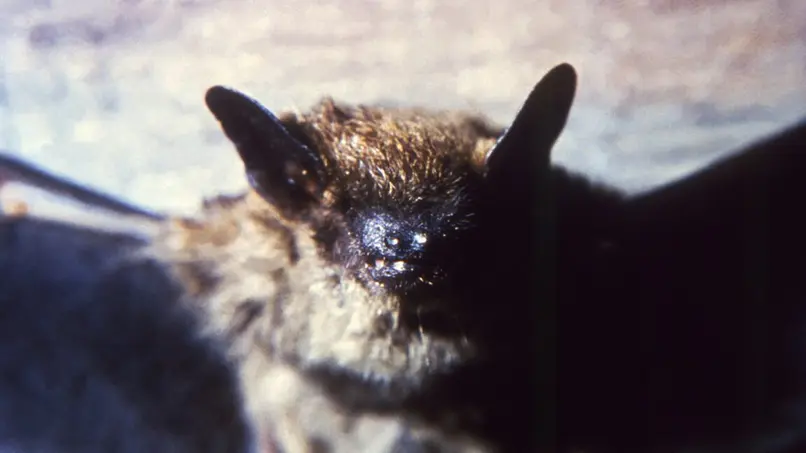
Rabies exposure alert at Grand Teton lodge

Rabies risk at Grand Teton Lodge
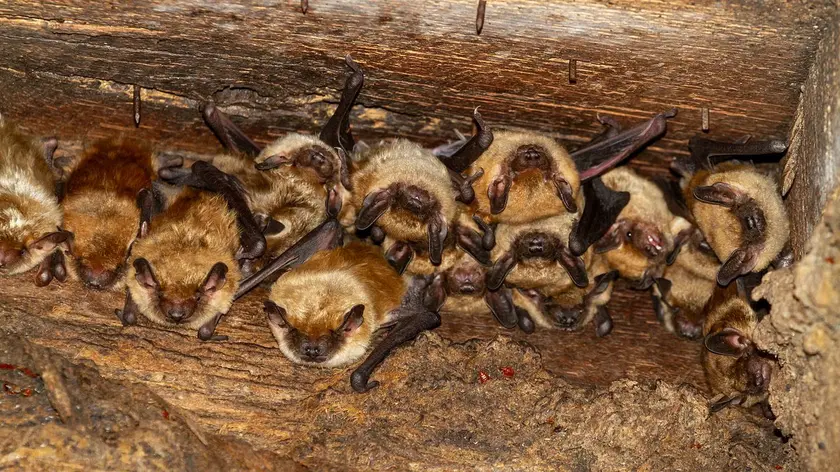
Rabies exposure investigation at Grand Teton lodge
